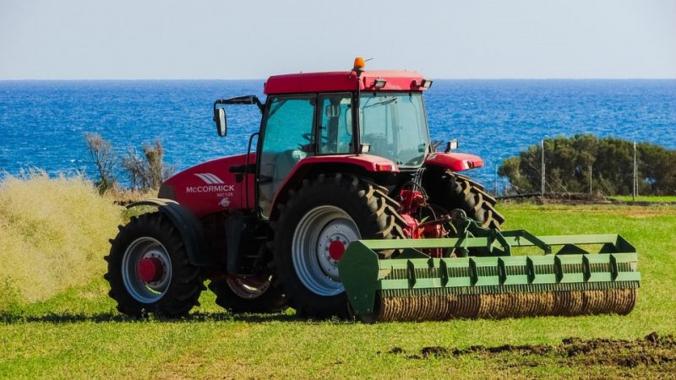EU Project to Increase Sustainability of Farming Practices
Se encuentra usted aquí

A €10 million project to develop innovative farming models across Europe has been launched by the EU-based Diverfarming consortium.
The aim is to make agribusiness more sustainable in the long term by increasing crop diversification and develop methods of farming that use less water, energy, fertilisers and pesticides.
Farming lies at the heart of much of the EU’s socio-economic framework. In 2015, it provided 9.2 million direct jobs and a GDP of over €500 billion. However, recent agriculture policies based on intense mechanisation, excessive use of external inputs (water, energy, fertilisers, pesticides etc) and monocrop farming has resulted in soil degradation, reduced biodiversity and increased economic risk.
In the UK, the University of Portsmouth has been awarded £165,416 funding from the EU’s Horizon 2020 research scheme to assess the benefits and minimise the drawbacks of diversified cropping systems using fewer of the typical external inputs listed above.
The studies will be tailor-made to fit the unique characteristics of six EU regions – Mediterranean south and north, Atlantic central, Continental, the Pannonian basin (east central Europe) and Boreal (subarctic) – each of which has a different pedoclimate (a microclimate within soil that integrates the combined effects of its temperature, water content and aeration).
One of ten work packages in the €10 million Diverfarming project, the researchers at Portsmouth will develop mathematical models to explore how diversified cropping systems influence soil-water-atmosphere-plant systems in the different regions. The diversified cropping systems will be tested in field case studies for major crops within each pedoclimatic region.
The results will help to develop a simple decision support tool to select the most appropriate cropping systems and agricultural practices to improve farm productivity and sustainability. It will also provide guidelines for the most efficient uses of resources across the many bio-economy sectors involved.
Overall, it is hoped that the outcomes of the Diverfarming project will provide:
• Increased overall land productivity
• More rational use of farm land and inputs such as water, energy, machinery, fertilisers and pesticides
• Improved biodiversity and soil quality
• Downstream value chains that are adapted to the new diversified cropping systems with decreased use of energy
• Access to new markets and reduced economy risks by adopting new products.
http://www.eaem.co.uk/news/eu-project-launched-increase-sustainability-f...
http://www.laopiniondemurcia.es/comunidad/2017/05/18/diferentes-cultivos...
- Inicie sesión para comentar
